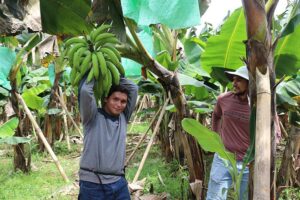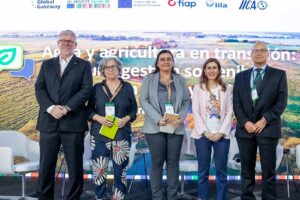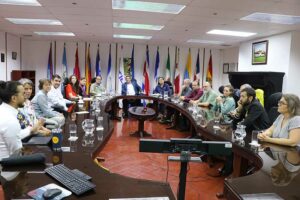Bees: heroes of the planet
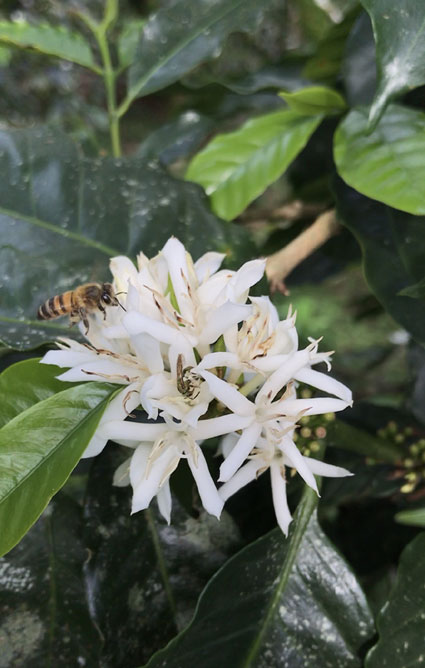
- On May 20, the world celebrates its heroes, the bees, as their international day is commemorated..
May 20, 2022.According to the United Nations (UN), bees and other pollinators, such as butterflies, bats and hummingbirds, are increasingly threatened by the effects of human activity. Pollination is a fundamental process for the survival of ecosystems, essential for the production and reproduction of many crops and wild plants. Nearly 90% of flowering plants depend on pollination to reproduce; likewise, 75% of the world's food crops depend to some extent on pollin planetation and 35% of the world's agricultural land. Pollinators not only contribute directly to food security, but are also indispensable for conserving biodiversity.
In order to raise awareness of the importance of these pollinators, the world celebrates World Bee Day every May 20 and, as part of this commemoration, CATIE (Tropical Agricultural Research and Higher Education Center) reaffirms its commitment embodied in the institutional policy for the protection of bees and other pollinators, developing a planting of nectomeliferous species to promote the feeding of native beesMeliponas), honey bees and other insects essential for the proper functioning of ecosystems.
The planting took place in CATIE's Botanical Garden, with the support of the Lions Club and the Leo Club of Turrialba, CATIE's home canton in Costa Rica. Specifically, the planting took place in an area where in 2021, thanks to the Lions Club of Turrialba, a bee hotel will be installed, with the objective of giving a message of education and conservation to all visitors to the garden.
"This is the beginning of an institutional project that seeks to raise awareness and educate our employees, students and visitors about the importance of pollinators for life. In addition, the Botanical Garden has an inventory of ornamental plants and nectomeliferous trees, which you can take to your home garden or farm and thus contribute to improving the ecosystem of the planet's heroes," said Muhammad Ibrahim, Director General of CATIE.
In addition to the planting, the Lions Club of Turrialba, the Leo Club and the CATIE Botanical Garden also organized for the second consecutive year a children's story contest entitled The Hero Bees of the Planet, aimed at elementary school students from different schools in the canton. Nine children participated. The awards for first, second and third place will be presented on June 5.
Contributions to bees from research
Through its research activities, CATIE also contributes to the conservation of bees, as well as to raising awareness of their importance for food security and biodiversity.
In this sense, through the Mangroves for Development project, implemented in the province of Montecristi, Dominican Republic by CATIE, with the support of partners such as the Ministry of Environment and Natural Resources, AGROFRONTERA and ORC consultants, work is being done to strengthen the honey value chain; a productive activity that benefits the health of the mangrove forest and allows the existence of various species of mangrove and other plants within this type of forest.
"It is an activity that in itself is sustainable, allows the involvement of women and young people, and can become a profitable and complementary alternative for the income of families who find in mangroves their livelihoods," said Evelyn Chaves, researcher at CATIE's Climate Action Unit.
Another contribution of CATIE towards the conservation of bees is the studyInteracting pest control and pollination services in coffee systems, published in the journal Proceedings of the National Academy of Sciences (PNAS), which generated knowledge about pollinators and their ecosystem services, in particular the benefits received by small coffee producers in Costa Rica thanks to bees and birds. The findings of the study, the result of the collaboration of an international team between CATIE and the University of Vermont, indicate that coffee plants that are pollinated by bees not only have 24% more fruit, but also weigh more (6.6%) and have more homogeneous weights. The loss of these pollinators translates into a 24.7% reduction in coffee production on the farms evaluated, equivalent to USD 1,066 per hectare per year.
Finally, the Center, through its Forestry and Biodiversity in Productive Landscapes Unit, is coordinating the implementation of restoration areas that provide habitat for bees and other pollinators on its commercial farm, particularly in the secondary forest, livestock systems and annual and perennial crops present on the farm.
All these actions implemented by CATIE are part of the institutional policy for the conservation of bees and other pollinators, with the purpose of turning the campus into a safe space for pollinators and promoting research on them, emphasizing the importance of pollinators to maintain and improve the health and resilience of natural and productive ecosystems, as well as the livelihoods of rural communities.
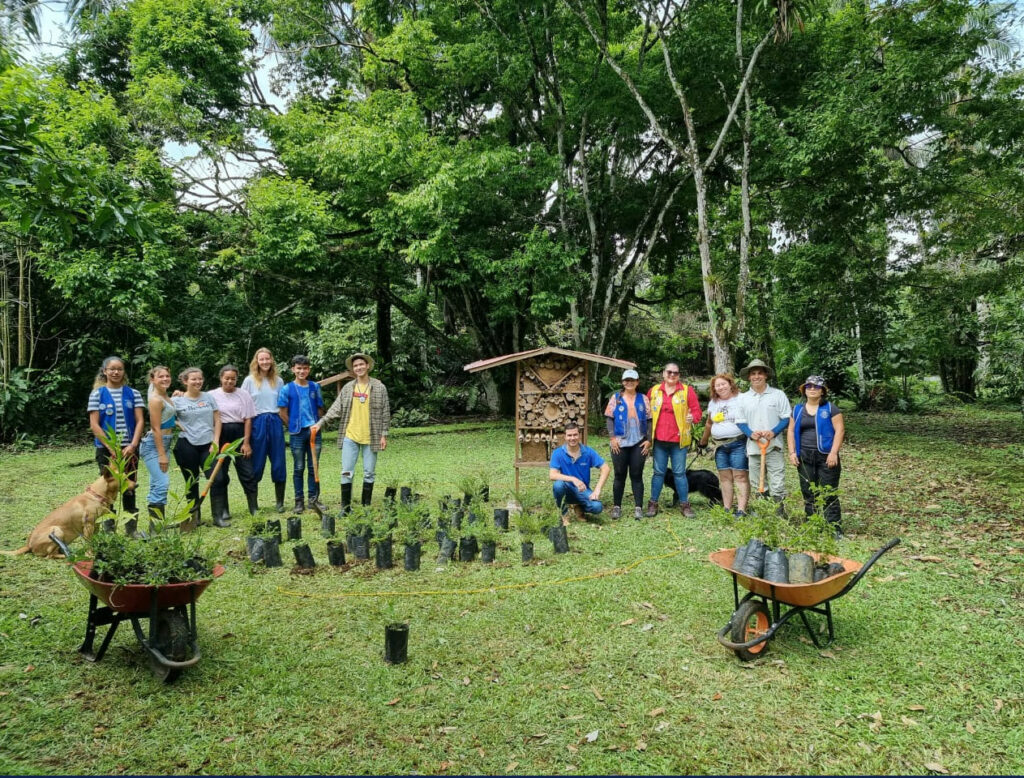
More information:
José Coto
Botanical Garden Manager
CATIE
Evelyn Chaves
Climate Action Unit
CATIE
Adina Chain
Forests and Biodiversity in Productive Landscapes Unit
CATIE
Written by:
Karla Salazar Leiva
Communicator
Information Technology and Communication
CATIE
Tag:abejas, polinización

